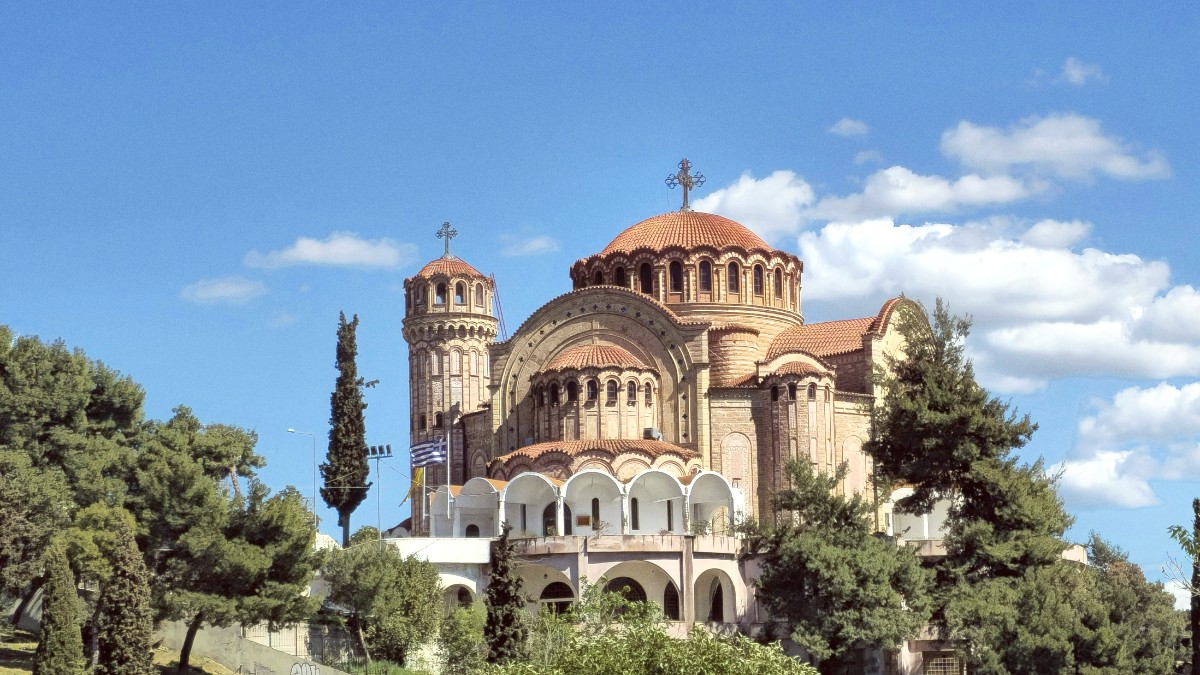
Northern Greece, Greece
Axios-Loudias-Aliakmonas Delta National Park is a protected wetland. It matters for migratory birds and biodiversity. Seih Sou Forest faces conservation efforts, especially against fires.
Blue bins for recycling are increasingly common. General waste goes into green bins. Separate your recyclables. Avoid single-use plastics. Carry a Reusable water bottle. Bring a Reusable shopping bag.
Greece can face water scarcity. Practice water conservation by taking shorter showers and reusing towels. Tap water in Thessaloniki is safe to drink, reducing the need for bottled water.
It communicates respect for the culture.
Thessaloniki has made efforts to preserve its Byzantine, Ottoman, and Jewish heritage through restoration projects like Modiano Market, various churches, and the Roman Forum.
Learn basic Greek phrases (see 11.1). A simple "Efharisto" (thank you) receives much appreciation. Embrace the slower pace of life. Do not expect everything to operate on a strict schedule. Maintain a polite volume in public spaces.
Always ask permission before taking photos of individuals, especially children. Be discreet in residential areas. Honor signs prohibiting photography in museums or religious sites. Avoid photos that could be seen as intrusive or disrespectful.
Dress Code: Wear modest clothing (shoulders and knees covered) when visiting churches or monasteries. Behavior: Be quiet and polite inside religious buildings. Avoid visiting during active services unless participating in worship. Do not disturb the solemnity.
Your mindful choices bolster Thessaloniki's cultural preservation and local environment.
Supporting the local economy through your choices directly aids the community.
Supporting local, family-run businesses directly aids the local economy. Choose independent shops, cafes, and tavernas instead of international chains.
Seek out products from local artisans in markets like Athonos Square or smaller boutiques. This routes your money directly to local producers and their craft. In food markets, buy directly from vendors.
Choose local tavernas and cafes for your meals. Stay in locally-owned hotels or guesthouses where possible. Hire local guides for tours. Their knowledge gives unique insights.
Be wary of overly aggressive street vendors or individuals offering unsolicited "help." Politely decline if you feel pressured. Avoid activities that exploit local people or animals. This covers beggars who may be part of organized schemes.
If you wish to donate, consider reputable local charities or organizations working on social or environmental issues. Research these organizations beforehand instead of giving money to beggars on the street. This facilitates your contribution's lasting positive impact.
Support established local organizations. Your contribution has a lasting positive impact.
Look into organizations working on social or environmental issues. Avoid giving directly to street beggars.
Your donation directly aids local initiatives and people in need.